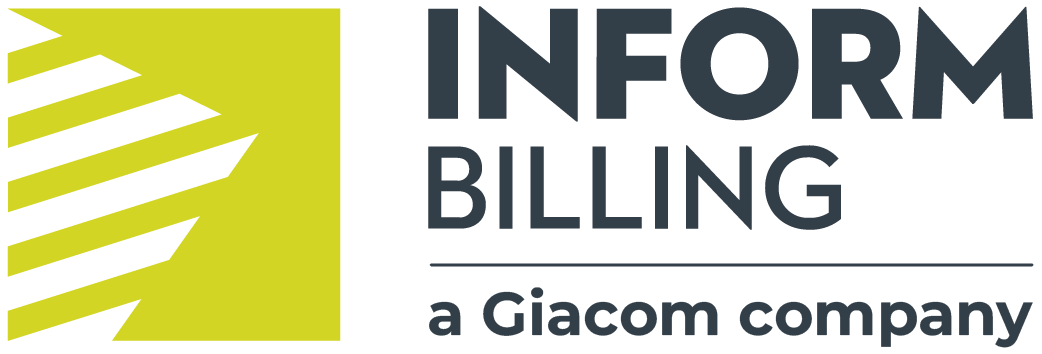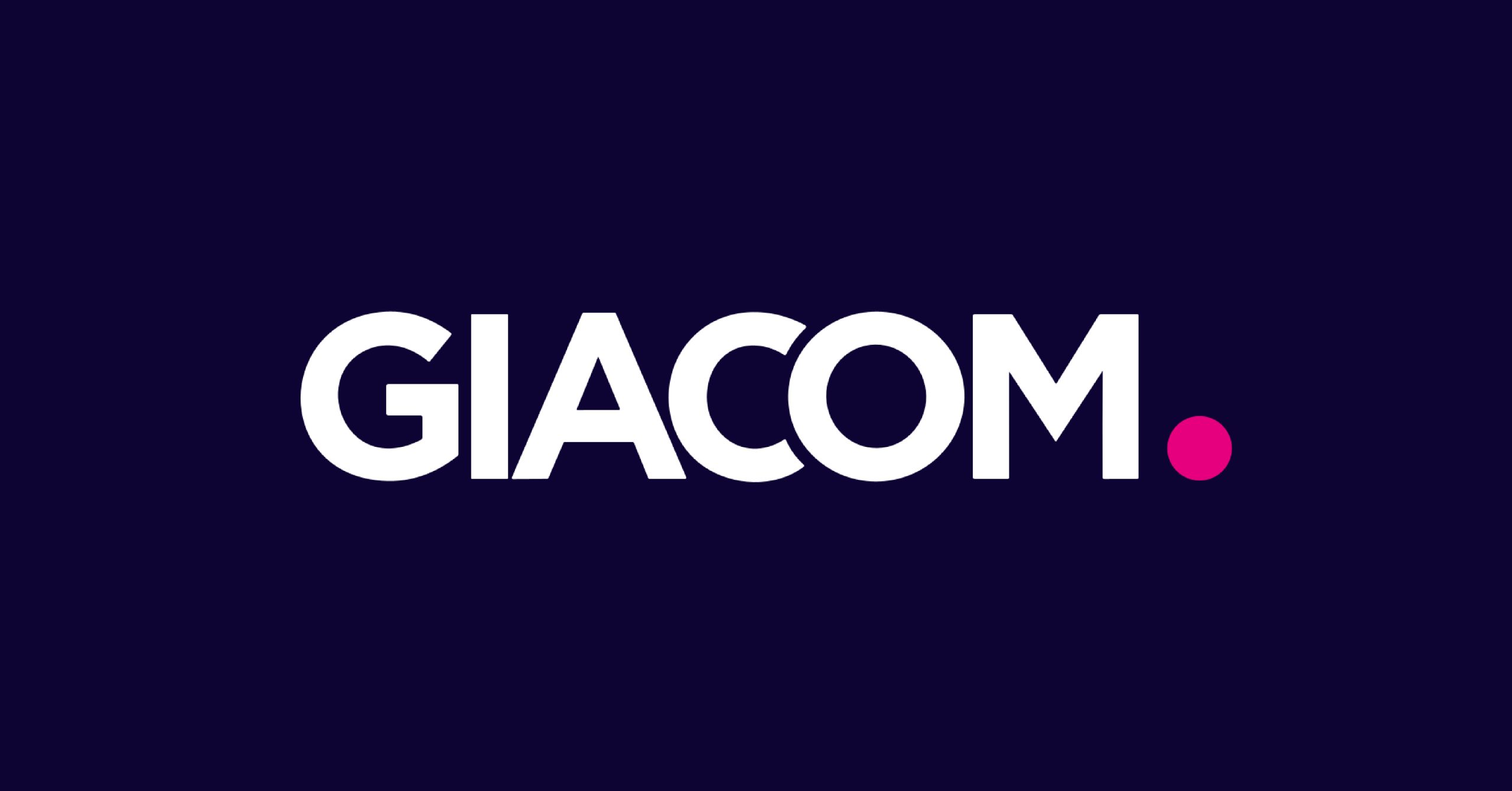In the ever-evolving landscape of data-driven decision-making, reporting and analytics stand as two critical approaches that organisations employ to gain insights from their data. Reporting offers a structured summary of historical data, while analytics delves deeper, providing valuable insights and predictions. While both reporting and analytics have their place, it is becoming increasingly evident that analytics holds a distinct advantage in today’s fast-paced world. This article explores the key differences between reporting and analytics and why analytics is the superior choice for informed decision-making.
Reporting and analytics are both essential elements of business intelligence, but they serve different purposes.
Reporting:
Reporting is the process of organising and presenting data in a structured format. It primarily deals with historical data, often displayed in the form of charts, tables and dashboards. Reports provide a summary of what has happened within a given time frame. They are valuable for tracking key performance indicators (KPIs), monitoring operations and presenting a snapshot of past events.
Analytics:
Analytics goes beyond the surface-level summaries provided by reporting. It involves the use of statistical, mathematical and computational techniques to uncover deeper insights within data. Analytics explores trends, correlations and predictive patterns, enabling organisations to make informed decisions based on a forward-looking perspective.
Why is Analytics Better than Reporting?
Predictive insights: Analytics does not just tell you what has already happened; it predicts what is likely to happen in the future. By using historical data to build models and make forecasts, analytics empowers organisations to proactively respond to emerging trends, challenges and opportunities.
Deeper Understanding: It explores the “why” behind the “what.” While reporting can identify a decline in sales, analytics can pinpoint the precise factors contributing to that decline, such as changing customer preferences or economic factors.
Data Variety: In today’s data-rich world, businesses are inundated with data from various sources and in different formats. Analytics is more equipped to manage this data diversity, making it easier to extract insights from structured and unstructured data, such as social media conversations and text documents.
Efficiency and Automation: Analytics tools are often equipped with automation features, streamlining the process of data preparation, modelling and analysis. This not only saves time but also reduces the risk of human error, ensuring the accuracy of insights.
Competitive Advantage: It enables organisations to adapt to changing market conditions, identify untapped opportunities and fine-tune their strategies in real-time. Businesses that rely solely on reporting may find themselves lagging behind more agile and data-savvy competitors.
Personalisation and Customer Experience: Analytics is instrumental in delivering personalised experiences to customers. It can analyse customer behaviour and preferences, allowing businesses to tailor their products, services and marketing efforts to individual needs, ultimately enhancing customer satisfaction and loyalty.
Risk Management: Analytics helps organisations assess and mitigate risks effectively. By analysing historical data and trends, organisations can identify potential risks and develop strategies to minimise their impact, whether in finance, supply chain management or cybersecurity.
While reporting serves as a valuable tool for tracking performance and summarising historical data, analytics is superior when it comes to informed decision-making. Diving deeper into data, providing predictive insights, a comprehensive understanding of the “why” and the ability to oversee diverse data sources.
In an era where agility, efficiency and adaptability are paramount, analytics is the key to staying ahead of the competition and making decisions that are not just reactive but proactive and strategic. Organisations that embrace analytics are better equipped to navigate the complexities of the modern world, unleashing the full potential of their data for a brighter future.





